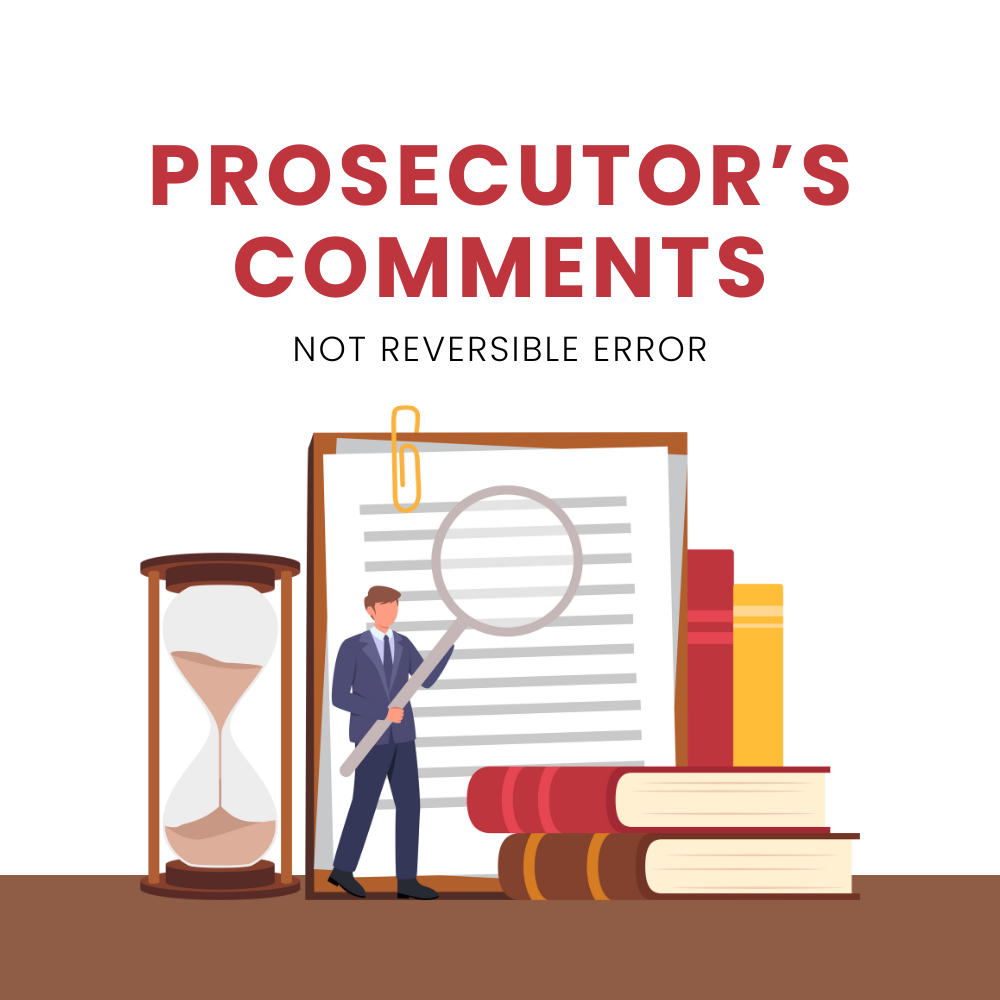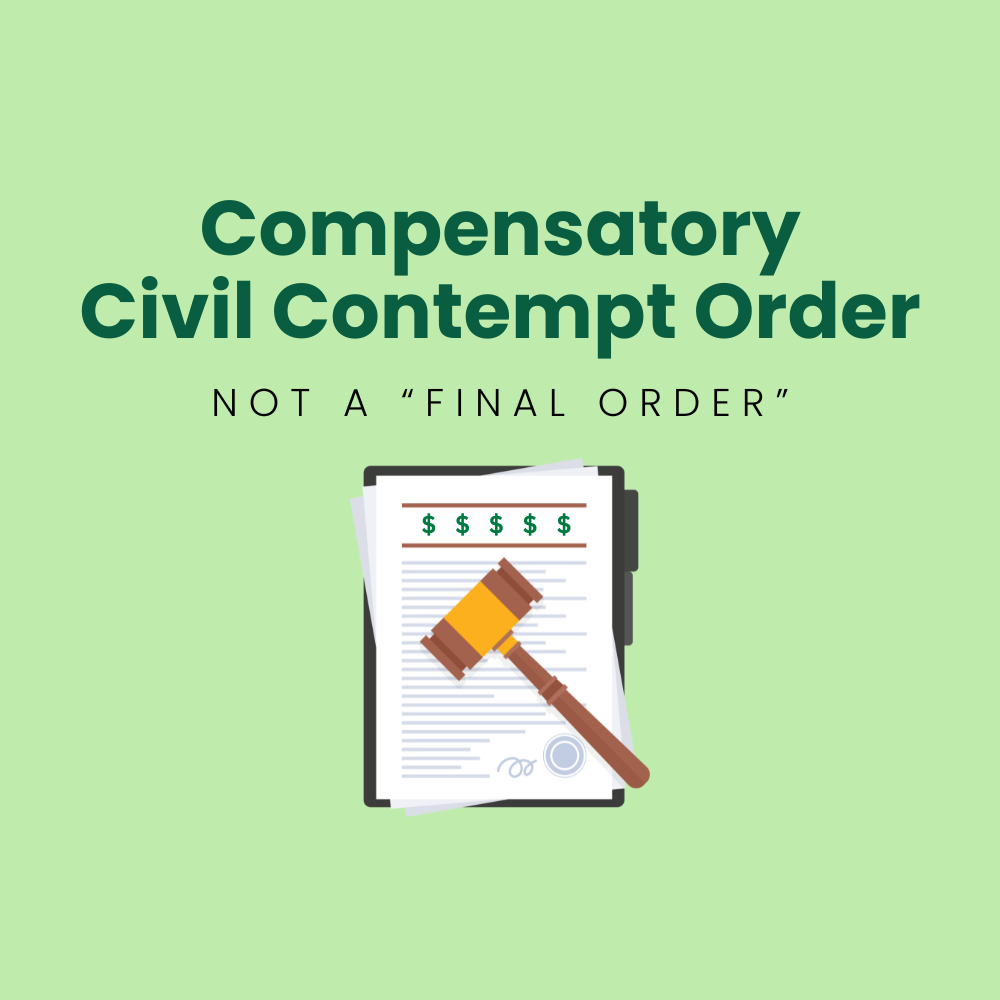Juvenile Guardianship Vacated: Trial Court Did Not Comply With Statutes, Court Rules
The Michigan Court of Appeals has vacated an order placing a minor child under a juvenile guardianship because the trial court 1) did not put its best-interest findings on the record and 2) did not conduct a hearing before ordering the guardianship.
No Misconduct Requiring Reversal Even Though Prosecutor “Crossed The Line” With Comments
The prosecutor in a criminal sexual conduct trial “cross[ed] the line” when he stated during closing argument that victims “have the right to be believed,” the Michigan Court of Appeals has ruled in a published opinion.
Court Of Appeals Clarifies Precedential Effect Of Pre-1990 Decisions In Custody Appeal
Separate from the Court’s consideration of Appellant-Father's arguments on appeal, the panel engaged in a discussion regarding published Court of Appeals decisions issued prior to November 1, 1990, specifically focusing on Fisher v Fisher, 118 Mich App 227; 324 NW2d 582 (1982).
Compensatory Civil Contempt Order Is Not ‘Final Order’ Appealable Of Right
An order imposing compensatory civil contempt sanctions is not a “final order” appealable of right, the Michigan Court of Appeals has ruled, addressing an “unresolved” question about the appellate court’s jurisdiction.
MSC To Hear Open Meetings Act Issue Involving City Of Royal Oak Retail Marijuana Ordinance
The Michigan Supreme Court is set to hear arguments in a case addressing whether the City of Royal Oak violated the Open Meetings Act because the city commission effectively delegated its governing authority to the city manager, who chose in closed-door meetings which applicants would be awarded retail marijuana licenses.
Montessori School Did Not Breach Its Contract With Parents When It Expelled Their Children
The trial court properly held that the defendant-private school did not breach its contract with the plaintiff-parents when it expelled their children, the Michigan Court of Appeals has ruled.
Improper Jury Instruction Requires Tossing Conviction For Threatening Judge
A defendant’s conviction for allegedly making a terrorist threat against a probate judge must be vacated, the Michigan Court of Appeals has ruled, because the jury instruction did not properly convey the required “subjective recklessness” standard.
University Of Michigan Students Not Entitled To Prorated Refunds After COVID-19 Response
The Michigan Court of Appeals has upheld the dismissal of claims brought against the University of Michigan relating to the school’s retention of tuition, fees, and housing payments during the COVID-19 pandemic.
Mother’s ‘Too Small’ Living Arrangement Is Insufficient Reason To Terminate Her Rights
The allegation that an extended-stay motel room was “too small” for the respondent-mother to live in with her child and the child’s father was insufficient grounds for terminating her parental rights, the Michigan Court of Appeals has ruled in a published opinion.
Attorney Who Made Derogatory Comments About Judge Properly Convicted Of Criminal Contempt
The Michigan Court of Appeals has affirmed an attorney’s criminal contempt conviction for derogatory comments he made about the judge at the close of a virtual court hearing.
Court Of Appeals Clarifies Limits On Treble Damages And Proof Requirements In Conversion Case
The Court of Appeals affirmed the Trial Court’s award of treble damages as to the documented pecuniary losses, reversed the award of trebled investigatory expenses, vacated the awards for investigatory expenses and attorney fees, and remanded for further proceedings.
Immunity Applies To ‘Non-Immediate’ Reporting Of Suspected Child Abuse
In this case involving the mandatory reporting of suspected child abuse, the trial court properly dismissed tort claims against a doctor and a hospital because immunity under the Child Protection Law applies even though the reporting was not “immediate,” the Michigan Court of Appeals has ruled.
Court Of Appeals Reverses Trial Court’s Grant Of Summary Disposition After Finding Loading Exception Applies
The Court of Appeals reversed the Trial Court’s grant of summary disposition because Michigan law recognizes a critical exception for loading or uploading in its definition of parking, and thus Plaintiff’s conduct fits within that exception, and because comparative negligence is a question for the jury.
Married But Separated: Husband Not Entitled To Wrongful-Death Settlement Proceeds
The trial court in this wrongful-death case properly 1) granted the estate’s motion to approve and distribute settlement proceeds without first conducting an evidentiary hearing, and 2) excluded the husband – who was married to, but separated from, the decedent at the time of her death – from receiving any proceeds.
Insufficient Evidence Of Fraud: Auto Insurer Not Entitled To Rescind Policy
An auto insurance company could not rescind an insured’s policy ab initio (“from the beginning”) because there was not enough evidence the insured made fraudulent statements during the application process, the Michigan Court of Appeals has ruled.
Self-Represented Party’s Legal-Malpractice Lawsuit Dismissed For Being Untimely Filed
The trial court properly dismissed the plaintiff’s legal-malpractice claim against the defendants because she did not file her complaint within the applicable two-year statute of limitations, the Michigan Court of Appeals has ruled.
Judge’s In Camera Interview With Child Deprived Mother Of Due Process
The trial court in this child protective proceeding improperly conducted an in camera interview with one of the respondent-mother’s children, and this error deprived her of due process, the Michigan Court of Appeals has ruled.
Party Must Post Security Bond Before Filing Motions & Pleadings In Divorce Proceedings
The trial court in this “contentious” divorce case properly required the ex-husband to post a security bond each time he filed a motion or pleading, the Michigan Court of Appeals has ruled, due to his “repeated” filing of “meritless” pleadings that violated the court rules.

















